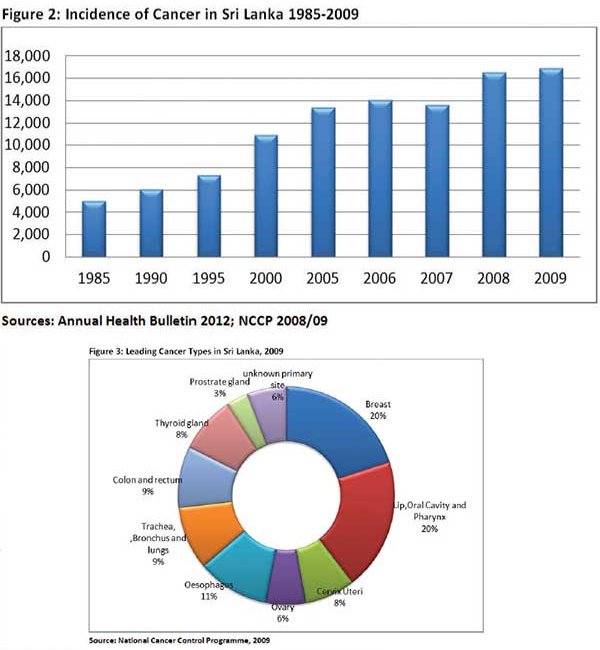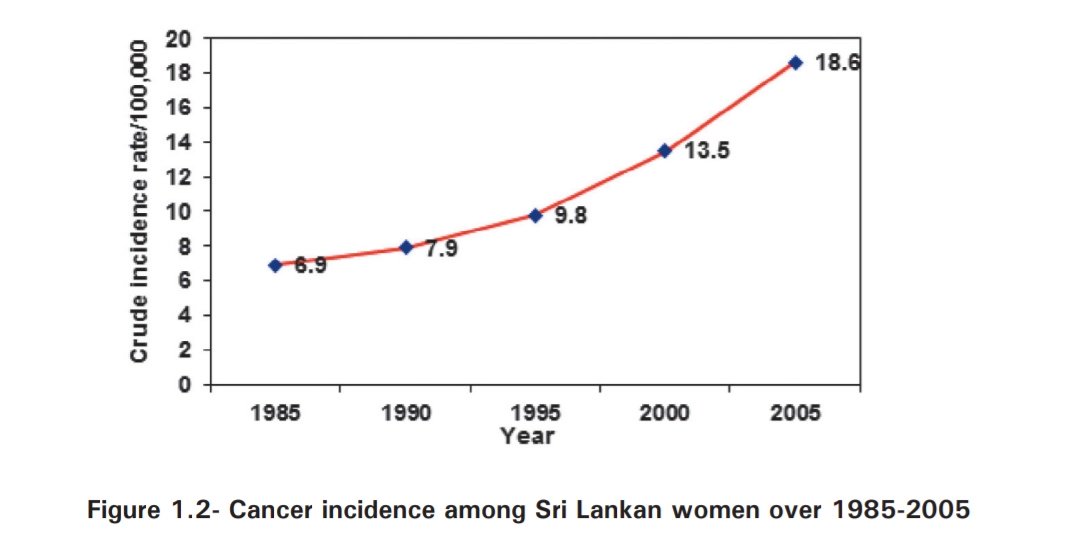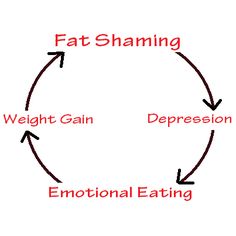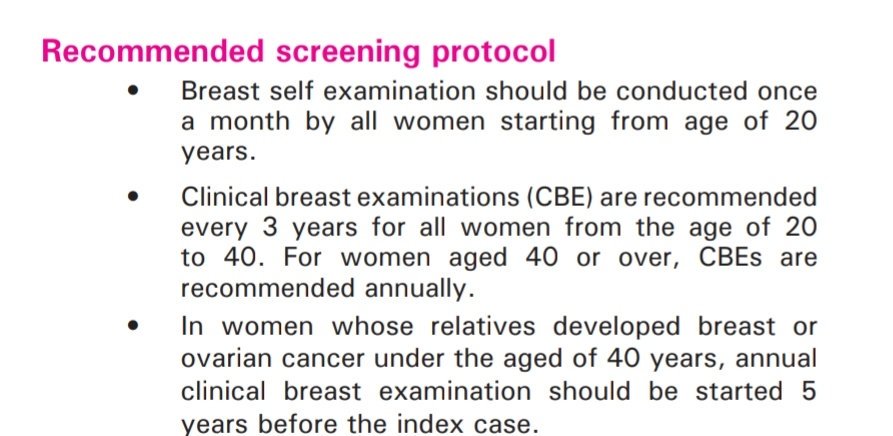Oncosurgery or surgical oncology is the branch of surgery applied to oncology; it focuses on the surgical management of tumors, especial...
Reflections on Oncosurgery
Oncosurgery or surgical oncology is the branch of surgery applied to oncology; it focuses on the surgical management of tumors, especially cancerous tumors. A surgical oncologist is a surgeon who has special training in treating cancer. Surgical oncology is one of the many short appointments under Surgery for us - medical students - and its a two week posting. We - a group of 15 students - were posted for this appointment, under a prominent surgical oncologist, during the last two weeks (of September) in the National Cancer Institute (NCI), the leading hospital under the Ministry of Health dedicated to the diagnosis and follow-up treatment of cancer patients, in Maharagama.
The NCI offers both the diagnostic facilities necessary for the identification of all types of cancer, and specialised care in surgery, chemotherapy and radiotherapy. A team of expert Consultants manage the hospital services alongside medical doctors, nurses, pharmacists, medical physicists, laboratory technicians and minor workers. Anyone can access the services, free off charge. In addition to delivering quality care services the NCI is the major training centre for medical undergraduates and postgraduates of the Postgraduate Institute of Medicine (PGIM).
We couldn't have asked for a better consultant. He had twenty years of experience as examiner in final year MBBS exams in various universities - and he was still invited to as examiner. Thus he knew all the ins and outs of how our short cases and long cases are examined. He stressed the point that as house/medical officers we would come across patients in the Ward and the Clinic setting, as well as the emergency section. How are our competencies in these settings evaluated? Our long case examinations evaluates our competency in the Ward setting - where we have to do a holistic history taking and examination to reach a probable diagnosis with differential diagnosis and a plan of management. Our short case examinations evaluates our competency in the Clinic setting - where we may come across new patients or follow up patients for a shorter period of time. As for our knowledge and skills in Emergency Medicine, which cannot obviously be resurrected for examination purposes - this would be covered in our written exams and MCQs.
I've never come across a more cheerful, witty, talkative consultant as this one. He was a blatant contradiction to the gloomy sad place this was. I thought at first this was a coping mechanism but then realized otherwise. Here was a man with perfect confidence in his job - who loved doing his job (surgery was like to him like playing a first person shooter game was to me) and who achieved immense satisfaction in doing his job - which literally saves countless lives. Why should he be other than cheerful and happy and optimistic? His emotional and rational intelligence was off the charts and he knew exactly what we were thinking at all times - and made succinct witty remarks now and then. He had two sons who were rebellious medical students too and so he knew exactly what we were like. He signed and gave back his thank you saying he didn't like to be reminded of .... well he sure had some strangeness in him.
The consultant and his senior registrars and others - wasted no opportunity to teach us things. These guys loved showing off their knowledge and skills - but it was the attitudes to their work that was really exceptional. They had/have to go through a minimum of fifteen years of formal medical education, training and experience and there simply was no end to the stuff we could learn from them. Two weeks was never going to be enough. Wednesdays and Fridays were surgery days. Tuesdays and Thursdays were clinic days and the rest of the time this group of doctors were at the wards. Each of us were allocated patients for history taking and follow up. In the clinic sessions we helped with the examinations and learnt a low through observation and classes. In the surgery sessions - each of us got an opportunity to assist.
More than half of his male ward (which was just one of the many wards) were of patients with oropharyngeal cancers - mirroring the national statistics. Heavy smoking, heavy alcohol consumption and betal leaf chewing have been associated with the high rates of these cancers. if you have a friend who you badly need to stop with these habits, just take a walk across this ward. The mirroring with national statistics was also true with breast cancer and the female ward. Unfortunately breast cancer cannot be prevented simply by healthier lifestyle and the cessation of addictive behaviors. But there are stuff you could do to prevent dying from it. Other cancers seen were osteosarcomas, thyroid cancers, colorectal etc etc There were many patients in pain and on strong opiod analgesics. Some were clearly on the last stages of their life with multiple complications.
During the clinic sessions, we got the opportunity to practice our history taking and examination skills yet again. Lump, breast, thyroid examinations were practiced over and over again. Sri Lankan patients in the free healthcare system are really helpful and willing to be used for such purposes fortunately. It was a privilege to be posted in a tertiary care center. During surgery days, we got the opportunity to assist surgeries. There were many many masectomies done as well as removal of osteosarcomas, liposarcomas, thyroid lobes etc etc the surgeons made it all look so very easy.
Over 100 types of cancers affect humans. Tobacco use is the cause of about 22% of cancer deaths. Another 10% are due to obesity, poor diet, lack of physical activity or excessive drinking of alcohol. Many cancers can be prevented by not smoking, maintaining a healthy weight, not drinking too much alcohol, eating plenty of vegetables, fruits and whole grains, vaccination against certain infectious diseases, not eating too much processed and red meat and avoiding too much sunlight exposure. If you have any questions or want to know more (about anything) feel free to ask in the comments below.
The problem of what to do about rising obesity rates is a major preoccupation of the early 21st century. Obesity has been linked with a r...
Health At Every Size approach / HAES >>> fat shaming
This is >>> diet restriction + fat burning, which has not shown to work at all in spite of the massive weight loss industry. It's time for a radical paradigm shift and the prioritisation of overall health
According to the World Health Organization, #breast #cancer is the most common cancer among women worldwide, claiming the lives of hu...
Breast Cancer l Twitter Thread


The power distance index (PDI), developed by Dutch social psychologist Geert Hofstede, is an index that measures the distribution of power a...
Self-Respect and the Power Distance Index
With a slightly high score of 80, Sri Lanka is a relatively hierarchical society. This means that people accept a hierarchical order in which everybody has a place and which needs no further justification. Hierarchy in an organisation is seen as reflecting inherent inequalities, centralisation is popular, subordinates expect to be told what to do and the ideal boss is a benevolent autocrat.
SELF-RESPECT
Once a consultant I was a student of was describing how things were at his time when he was a student. He was trying to explain why they grew up without having the need to tell any lie nor conform to corruption. Why they never did any stuff that was below them nor even thought those things appropriate.And why today people take bribes left, right and center and cannot go a day without lying. Why they didn't respect themselves enough to not do thing that were unworthy of a person in their status. He boiled it down to a fundamental difference in power distance index. Students then were shown respect and were treated as individuals with an equal or greater capacity of mind. They were not required to stand up when a senior or a teacher comes - like what is practiced in state faculties today. They had lots of respect for themselves so much so that their pride and prestige disallowed them from partaking in any vice.
We should NOT be bringing up children on the basis of obedience and dependency. We should bestow upon them the values of individuality and reinforce their innate God-given sense of respect and dignity. It's okay in taking pride in yourself and your upbringing. This sense of pride is your first line of defence against the evils and vices of society. Treat yourself with dignity and respect and you'll be soon finding yourself drawn towards good and intolerant of evil in yourself and your actions.
FURTHER READING
https://www.hofstede-insights.com/country-comparison/sri-lanka/
https://www.colombotelegraph.com/index.php/dependency-within-sri-lankas-sir-madam-culture/
https://www.colombotelegraph.com/index.php/sir-madam-and-the-political-culture-of-sri-lanka/
http://www.onlinejournal.in/IJIRV2I10/147.pdf
It’s undeniable that each and one of us who is sane and conscious tries to live by a moral code of our own making or imagination. It migh...
Moral Codes
There is a reason why the moons, the planets, the stars, the electrons — everything — have their own orbits around objects and beings...
Back to Orbit
There is a reason why the moons, the planets, the stars, the electrons — everything — have their own orbits around objects and beings far greater than them. These heavenly objects have no choice in this matter, and thus they are alway on track, always in an orbit. But human souls on Earth, they are not all in their orbits. Some wander and are lost, while others were never in orbit in the first place. This rather ambigous “story” tries to capture how one soul found her way back to her orbit, all the way from the furthest point she had strayed away to.
So why was she waiting?
comfort her. For the first time in a long time, she found herself taking delight in these things - these little things of nature that tend to be taken for granted, forgotten for the fantasy of the artificial world. This was the true reality, the beauty of the natural world, of things that were made for our eyes, our ears, and our hearts and minds. These were not the products of some fallible human hands but that of God himself for his creation.
By saving and serving others, we save and serve ourselves. By being in orbit around them, we would never drift away to burn in the cold. Find your orbit around those who deserve your love, and save yourself ☺













































0 comments: